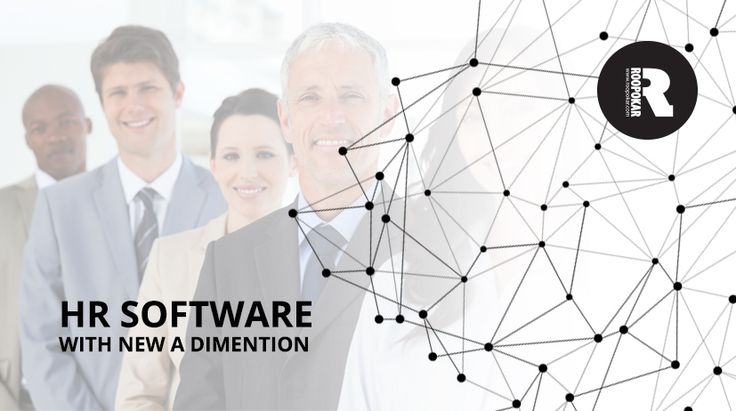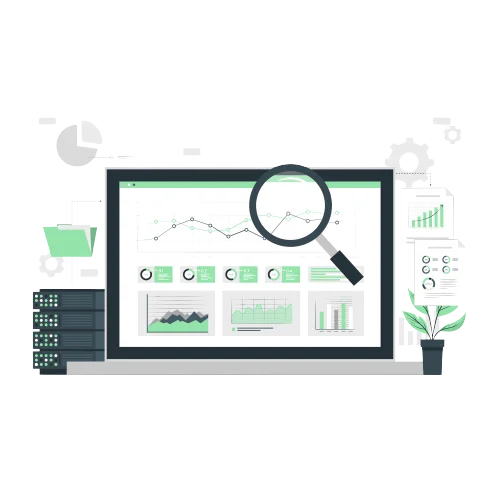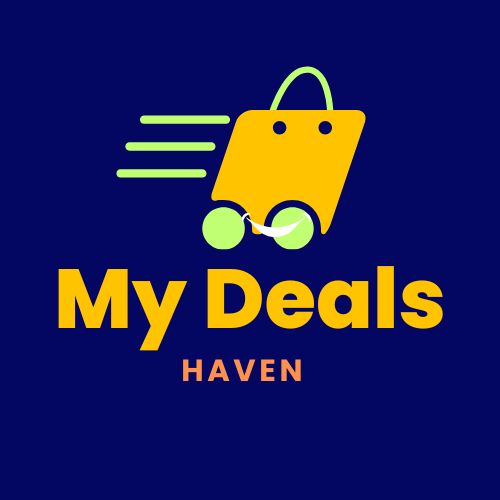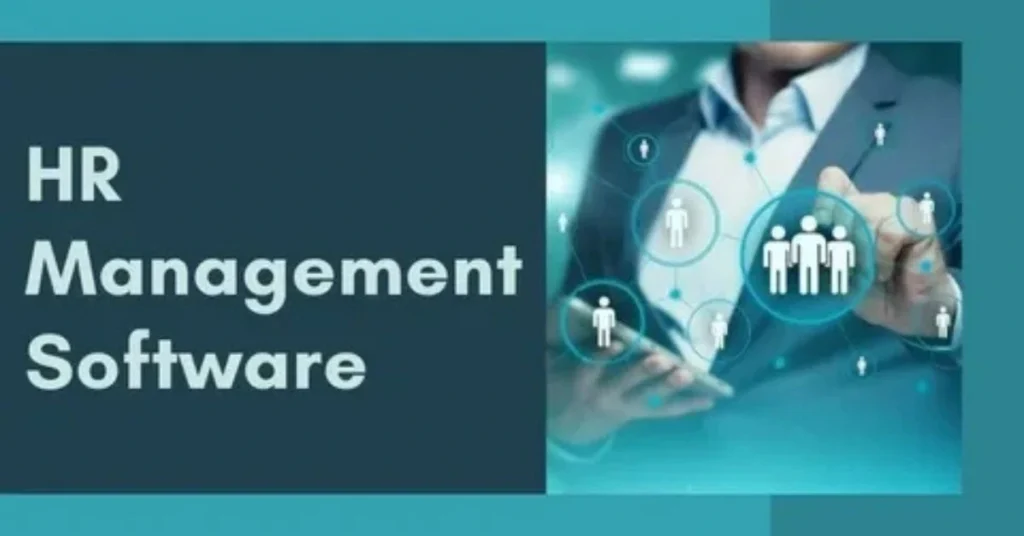Are you feeling overwhelmed by the ever-growing list of HR software options? You’re not alone.
Navigating the multitude of platforms designed to streamline everything from payroll to performance reviews can be daunting. But what if you could easily find the right tool to fit your specific needs? Imagine having a software solution that simplifies your day-to-day tasks and boosts your team’s productivity.
We’ll explore the most popular HR software options and help you decide which ones you should be familiar with. Whether you’re an HR professional looking to upgrade your current systems or a business owner aiming to improve your HR processes, keep reading to discover the tools that could transform your work life.

Credit: yandex.com
Popular Hr Software
Explore popular HR software like BambooHR, Workday, and Zoho People. These tools simplify tasks like payroll, recruitment, and employee management. Find the right fit for your company’s needs and enhance your HR processes effortlessly.
Choosing the right HR software is a crucial decision for any organization. With countless options available, understanding which software fits your business needs can be overwhelming. Whether you are a small business owner or managing a large enterprise, having the right tools can save you time, enhance productivity, and streamline HR processes.
Top Picks For Small Businesses
Small businesses often require HR software that is easy to use, affordable, and scalable. Gusto is a popular choice, known for its user-friendly interface and comprehensive payroll solutions. It offers benefits management and time-tracking features, making it a great all-in-one platform.
BambooHR is another favorite for small companies. It focuses on core HR functions like employee records, benefits administration, and performance management. Its intuitive dashboard ensures that even those without an HR background can navigate it effortlessly.
You might wonder, does simplicity mean missing out on key features? With these options, you get the best of both worlds—simplicity and functionality.
Leading Choices For Large Enterprises
Large enterprises demand robust HR solutions that can handle complex needs. Workday stands out with its powerful analytics and reporting tools. It’s designed to integrate with other systems, providing a seamless experience across various departments.
SAP SuccessFactors is another top contender. It excels in talent management and offers a wide range of modules from recruiting to learning and development. This software supports large-scale operations with ease, ensuring data security and compliance.
Have you considered how integrating advanced analytics can transform your HR strategy? With these leading solutions, big data becomes actionable insights.
Choosing the right HR software involves assessing your specific needs and priorities. Whether you are looking to streamline basic HR tasks or manage a global workforce, understanding your options is the first step toward making an informed decision.
Essential Features
When choosing HR software, understanding the essential features can make your selection process much smoother. Whether you’re a small business or a large corporation, the right features can help streamline operations, reduce manual work, and enhance employee satisfaction. Let’s dive into some key elements that can transform how your organization manages its human resources.
Recruitment And Onboarding
Recruitment and onboarding are crucial first steps in the employee journey. A robust HR software should offer seamless integration with job portals to post vacancies and track applications. Look for tools that allow you to automate communication with candidates, schedule interviews, and manage feedback. Efficient onboarding processes can create a great first impression for new hires, making them feel welcomed and valued from day one.
Imagine saving hours by automating paperwork and orientation schedules. It’s not just about efficiency; it’s about creating a positive experience for your new employees. How much time and energy could you save by automating these processes?
Performance Management
Performance management features help track employee progress and set goals. You want software that facilitates regular feedback and performance reviews. This is where setting SMART goals and tracking achievements come into play. Does your current system allow employees to easily view their targets and understand their progress?
Consider software that supports real-time feedback and analytics. It should enable managers and employees to have meaningful conversations about performance, leading to personal and professional growth. A friend once shared how her company’s software helped her identify skill gaps and provided resources for improvement. Are you missing out on these opportunities?
Employee Self-service
Employee self-service is a game-changer for any HR department. It empowers employees to access their information, update personal details, and manage benefits independently. This reduces administrative tasks and gives employees control over their data.
Having a user-friendly portal where employees can download pay stubs, request leave, or check their benefits can boost satisfaction. Think about the last time you had to contact HR for a simple query—wouldn’t it be easier to handle it yourself? Self-service features promote transparency and can greatly enhance the employee experience.
Each of these features plays a significant role in improving HR operations. As you assess potential software, consider how these elements align with your organizational goals. What feature do you believe will bring the most value to your team?
Integration Capabilities
In today’s fast-paced business world, the ability to integrate HR software with other systems is crucial. Seamless integration can save time, reduce errors, and boost productivity. But what should you look for in integration capabilities?
Compatibility With Other Systems
Imagine you’ve invested in a new payroll system that promises efficiency. But, if your HR software can’t communicate with it, what’s the point? Compatibility ensures that your HR software works harmoniously with existing systems like accounting software or CRM tools. Look for software that supports popular formats and protocols. This will make data exchange smoother and reduce manual work.
Streamlining Workflows
Integration capabilities can significantly streamline your workflows. Picture this: automating your onboarding process where data from recruitment flows seamlessly into employee records. This not only saves time but also minimizes errors from manual data entry. With integrated systems, you’re free to focus on strategic tasks rather than repetitive admin work.
Think about your current processes. Are they as efficient as they could be? Integration can transform complex workflows into simple, automated tasks. Consider the impact on productivity and morale when you remove bottlenecks.
Have you ever struggled with miscommunication between departments? Integrated systems can bridge these gaps, providing a unified platform for collaboration. This fosters transparency and ensures everyone is on the same page.
What integration capabilities does your HR software offer? Reflect on how they can enhance your operations and drive growth. Embrace solutions that streamline and simplify—your team will thank you.
Security And Compliance
Explore popular HR software like BambooHR, Workday, and ADP for enhanced security and compliance. These tools streamline HR processes while ensuring data protection and adherence to regulations. Ideal for organizations prioritizing efficient and secure human resource management.
Security and compliance are critical aspects of any HR software. As businesses handle sensitive employee data, ensuring the protection and proper use of this information is a top priority. The right HR software can help you safeguard data and comply with regulations, making your HR processes not only more efficient but also more secure.
Data Protection Measures
HR software is equipped with a range of data protection measures designed to keep sensitive information safe. Encryption is a key feature that many platforms use to secure data both in transit and at rest. This means that even if someone intercepts the data, they won’t be able to read it without the encryption key.
Access controls are another vital measure. They ensure that only authorized personnel can view or edit sensitive data. You can set different permission levels, so HR staff have the access they need without exposing unnecessary data to everyone.
Have you ever wondered how data breaches happen? Often, it’s due to weak passwords. Many HR software solutions now include multi-factor authentication to strengthen login security. This adds an extra layer of protection and significantly reduces the risk of unauthorized access.
Ensuring Regulatory Compliance
Navigating the complex world of data regulations can be daunting. HR software helps you stay compliant by integrating features that align with legal requirements such as GDPR or CCPA. These tools often include audit trails, which track who accessed data and what changes were made, providing a transparent record that can be crucial during audits.
Imagine you’re preparing for an audit. The stress can be overwhelming, but comprehensive HR software can alleviate some of this pressure. It ensures that all your data practices are documented and compliant, minimizing the risk of penalties.
Are you worried about keeping up with changing regulations? Many HR software platforms update automatically to reflect new compliance laws. This proactive approach means you can focus on your core HR functions without constantly monitoring legal updates.
By choosing the right HR software, you can protect your business from data breaches and legal issues. What data protection measures do you currently have in place, and how can they be improved with the right software?
User Experience
HR software should improve daily tasks. It must be easy and intuitive. A good user experience is crucial. It makes processes smooth and fast. Employees can work without frustration or delays. User-friendly software saves time and effort.
Ease Of Use
Ease of use is vital for HR software. It should have a simple interface. Clear navigation helps users find tools quickly. Intuitive design reduces training time. Users can get started without confusion. The software should be accessible to everyone.
Customization Options
Customization options allow flexibility. Every company has unique needs. HR software should adapt to those needs. Customizable features help meet specific requirements. Users can tailor the software to fit their workflow. This ensures maximum efficiency and satisfaction.
Cost Considerations
When considering HR software, cost is a crucial factor that can impact your decision. The right software should fit your budget without compromising on essential features. Understanding the cost implications helps you make an informed choice that aligns with your business needs and financial capacity.
Budget-friendly Solutions
Finding a cost-effective HR software can feel like a treasure hunt. You want a tool that delivers value without breaking the bank. Look for software that offers essential features like employee management, time tracking, and basic reporting at a reasonable price.
Many budget-friendly HR solutions are available that cater to small businesses. These options often come with tiered pricing, allowing you to scale up as your business grows. Consider free trials or freemium versions to test before committing financially.
Have you ever opted for a cheaper software only to find hidden costs later on? It’s essential to read the fine print and understand any additional fees for upgrades or customer support.
Premium Features Worth The Investment
Premium HR software often comes with advanced features that can significantly enhance your HR processes. While these tools might cost more upfront, they can save you time and resources in the long run.
Features like advanced analytics, automated workflows, and integration capabilities make these solutions stand out. They are particularly beneficial for larger organizations with complex HR needs.
Think about the time saved and errors reduced with automation. Is investing in such features a smarter choice for your business? Sometimes, spending a bit more initially can lead to substantial savings and efficiencies down the road.
Balancing cost with features requires careful consideration. Are you prepared to invest in tools that propel your HR functions forward? Engage in a cost-benefit analysis to determine the true value of premium HR software for your organization.
Future Trends
Understanding future trends in HR software is crucial. It shapes how businesses manage their workforce. With technology evolving rapidly, HR tools are adapting to new demands. This section explores emerging trends that will redefine HR practices.
Artificial Intelligence Integration
AI is transforming HR software functionality. It enhances recruitment processes with smart algorithms. These algorithms match candidates to job roles effectively. AI also automates repetitive tasks, saving time for HR professionals. It offers insights into employee performance and engagement. This helps in making informed decisions. AI integration streamlines operations and improves accuracy.
Remote Work Adaptations
The rise of remote work demands flexible HR solutions. Software now supports virtual team management. It tracks productivity and ensures seamless communication. Tools facilitate onboarding and training for remote employees. They cater to diverse work environments and schedules. Adaptable HR software maintains efficiency across global teams. It meets the needs of a remote-first workforce.

Credit: prepinsta.com
Frequently Asked Questions
What Hr Software Or Tools Are You Familiar With?
I am familiar with various HR software, including BambooHR, Workday, ADP Workforce Now, and Gusto. These tools streamline employee management, payroll processing, and performance tracking. They enhance HR efficiency and improve organizational productivity. Each platform offers unique features tailored to different business needs.
How To Answer What Software Are You Familiar With?
List software relevant to the job, emphasizing your proficiency. Mention specific tools and highlight any certifications or training. Tailor your response to align with the job description, showcasing your experience and skills. Be concise and focus on software that demonstrates your ability to meet job requirements effectively.
What Are The Softwares Used In Hr?
HR professionals use various software like BambooHR, Workday, ADP, and SAP SuccessFactors. These tools aid in recruitment, payroll, performance management, and employee engagement. They streamline HR processes, enhance efficiency, and improve data management, making them essential for modern HR departments.
What Are The 5 Types Of Hris?
The five types of HRIS are operational HRIS, tactical HRIS, strategic HRIS, comprehensive HRIS, and limited-function HRIS. Each type focuses on different HR functions, such as data management, decision-making, or strategic planning, to streamline HR processes and improve organizational efficiency.
Conclusion
Exploring HR software is essential for effective team management. Different tools offer unique features. Choose one that fits your needs best. Consider ease of use and support options. Budget may also play a role. Research and test a few options.
This ensures you find the right solution. HR software can streamline your daily tasks. It helps in organizing data and improving communication. Always keep your team in mind when selecting. Your choice can impact productivity and satisfaction. Stay informed and adapt as needed.
Your team’s success depends on it.

